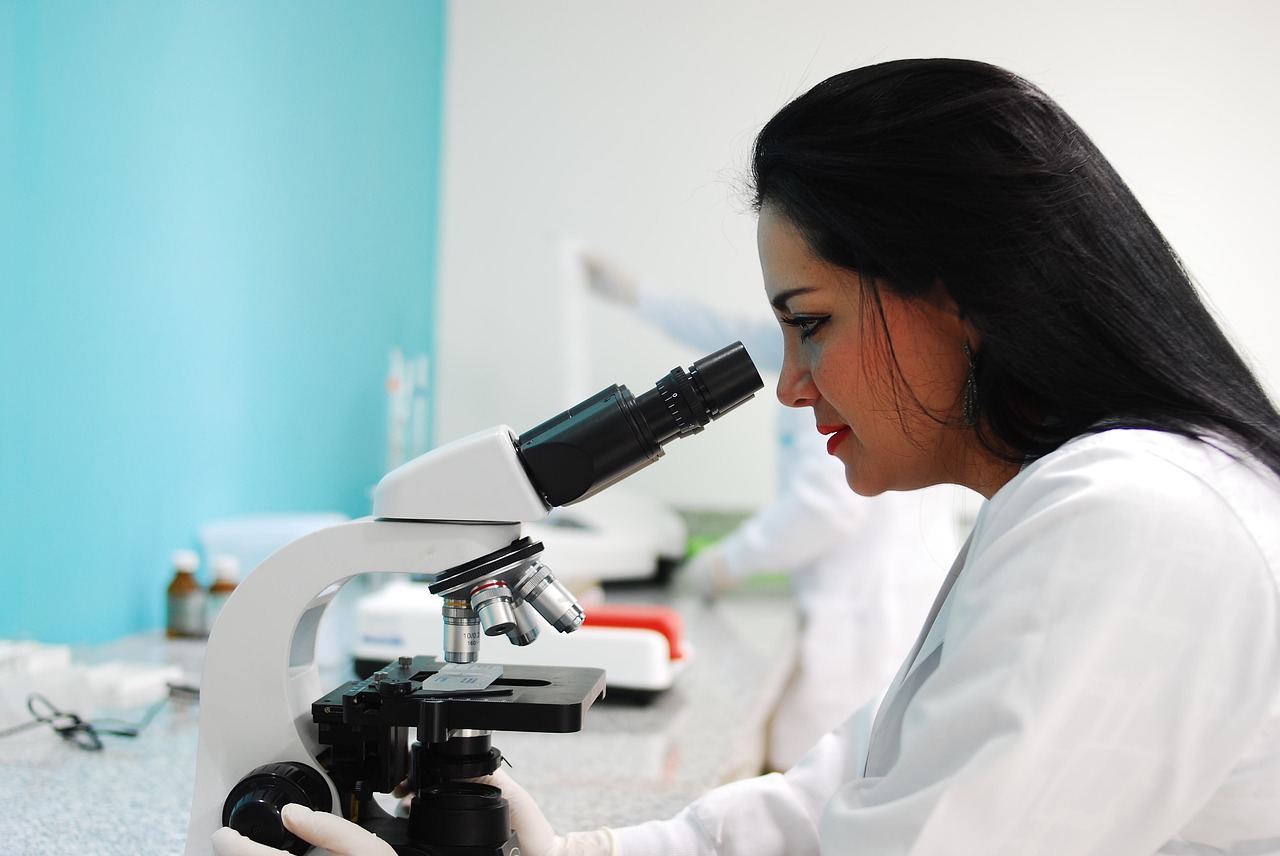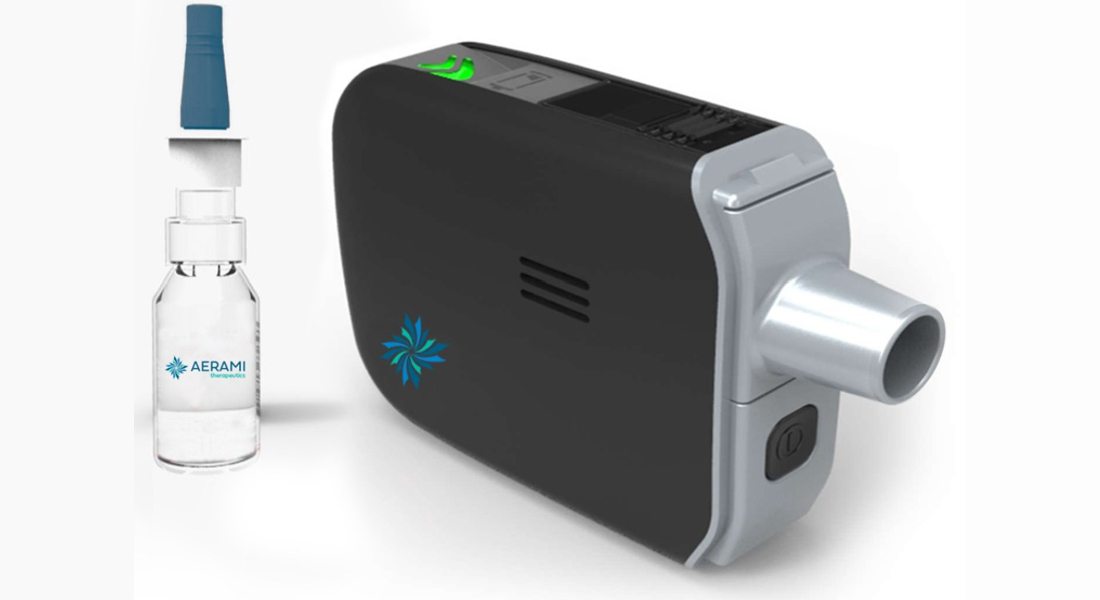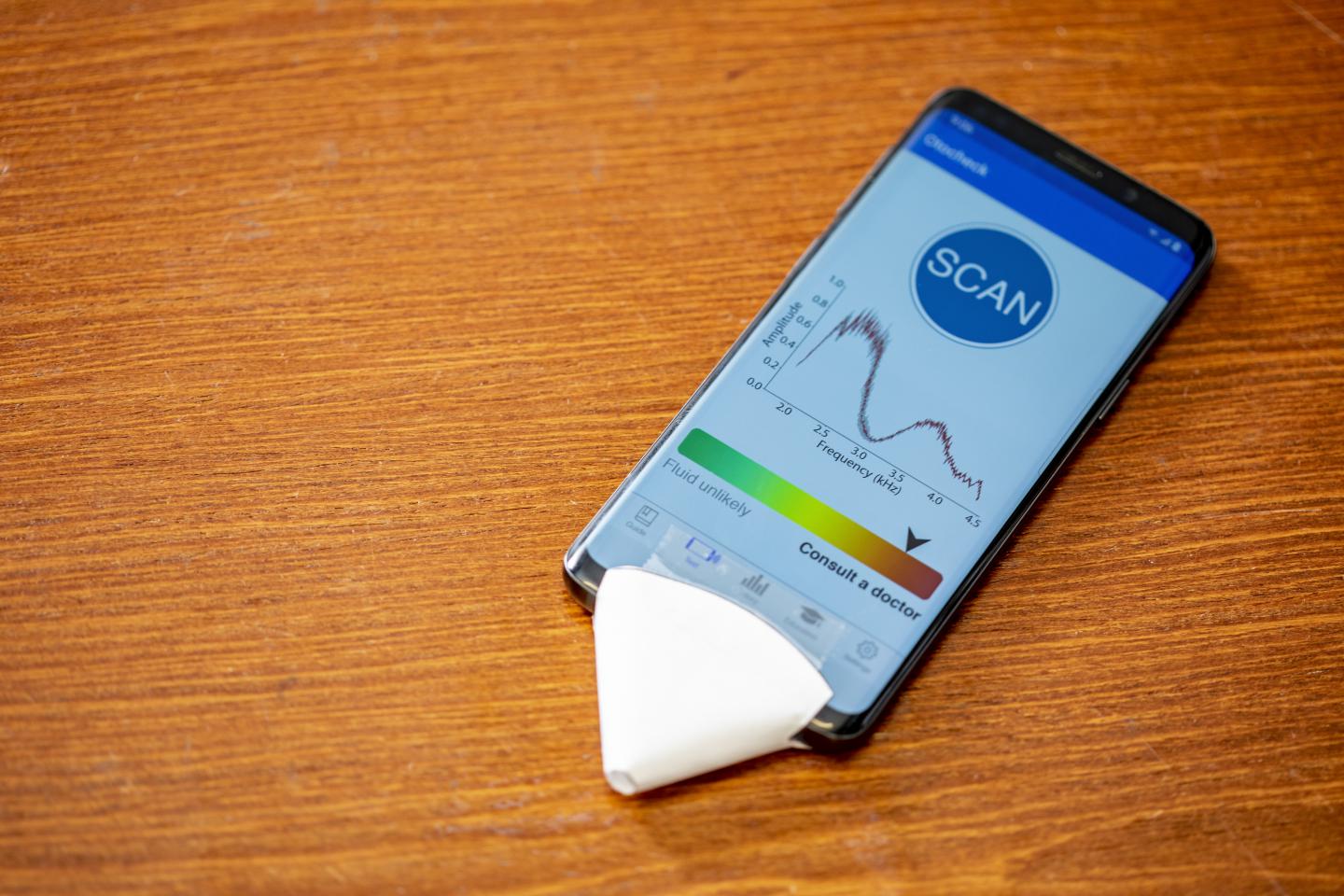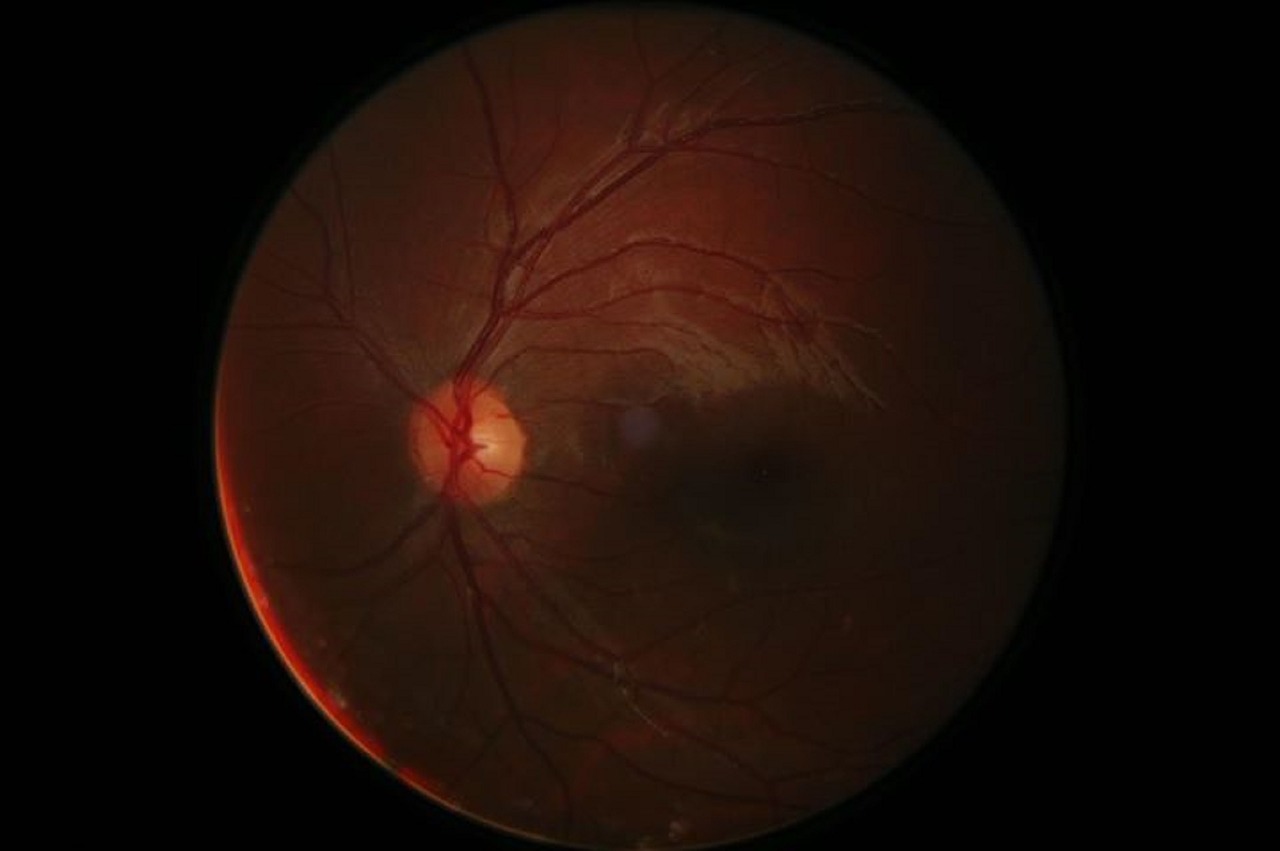With smart technology entering almost every sphere of our lives now, it appears that very soon, it may also be coming to a toilet near you. As both an innovative and impressive biomedical engineering project, researchers at Stanford University in California have developed a toilet that is able to provide individualized and real-time assessments of ‘toilet matters.’
‘SMART’ stands for ‘Self-Monitoring, Analysis and Reporting Technology’, and its use in the new toilet device is a prime example of how the technology can be leveraged for personalized and precision health monitoring.
Through the integration of biometric assessments, data collection and clinical health models, the toilet is able to conduct long-term analysis of an individual’s health by examining their excrement, anatomical features and toilet habits.
The design and function of the new toilet device was reported in a recent study published in the journal Nature Biomedical Engineering. The device is designed to be a precision medicine tool that provides personalized assessments and diagnostics by conducting comparative analysis of various biochemical and morphological parameters in snapshots over time.
Related: ‘Smart’ Inhaler Can Make Insulin Delivery Quick and Painless
Collection of urine and stool samples is a part of routine procedures at annual visits to the doctor’s office as part of a way to look into your health. However, issues may arise between those annual checkups and it is important to identify potential problems early on. The use of a personalized health tool like the smart toilet, which can evaluate samples on an almost daily basis, opens up tremendous options for the early detection of diseases for both patients and health care practitioners.
The personalized toilet has a fingerprint scanner to help identify the user. Through the attachment of various hardware and software components, specific metrics are recorded through the use of sensors and color detection. For example, a built-in ‘uroflowmeter’ utilizes computer vision to measure urine flow rate and volume, while a color detector indicates whether the color is within a healthy range.
In addition, deep learning technology is leveraged to perform analysis on stool samples using the Bristol stool form scale, with results being comparable to that of an experienced clinician. Stool density and duration of bowel movements can also be measured.

As part of its biochemical assessment features, the toilet can analyze urine and stool samples for specific disease biomarkers. Using colorimetric urinalysis strips, measurements of white cell blood content and protein levels can be performed. In addition, the presence of blood in either the urine or stool can also be detected. Perturbations in these markers can often indicate infection, kidney problems and even some forms of cancer. At present, the device can test for up to ten different biomarkers.
Not only can the toilet detect disease biomarkers, but it also has imaging capabilities that can take detailed pictures. Specific anatomical features such as the anal sphincter are imaged using a scanner to monitor potential changes over time. Moreover, a built-in pressure sensor can record how long a person has been sitting on the toilet and the duration of urination or bowel movements.
The toilet is linked to a cloud-based storage and health portal system where data is collected, stored and algorithms are used to conduct detailed analyses to identify abnormalities.
By providing routine, real-time assessments, the smart toilet can assist both patients and health care practitioners in monitoring specific diseases and conditions. The device can be useful for people with kidney failure or digestive conditions such as irritable bowel syndrome (IBS). It can also be used to monitor or even detect cancers such as colon, gastric, kidney or prostate cancer.
Through the integration of biometric analysis and cloud-computing, the researchers state that the toilet system is expected to “Have a major impact on health monitoring research.” Data collected through the device can allow “patients to reliably obtain data for their own health as well as enable investigators to conduct large clinical trials,” say the researchers.
The device is a great example of how smart technology can be used in precision medicine for both clinical patient care and research applications.












Join or login to leave a comment
JOIN LOGIN